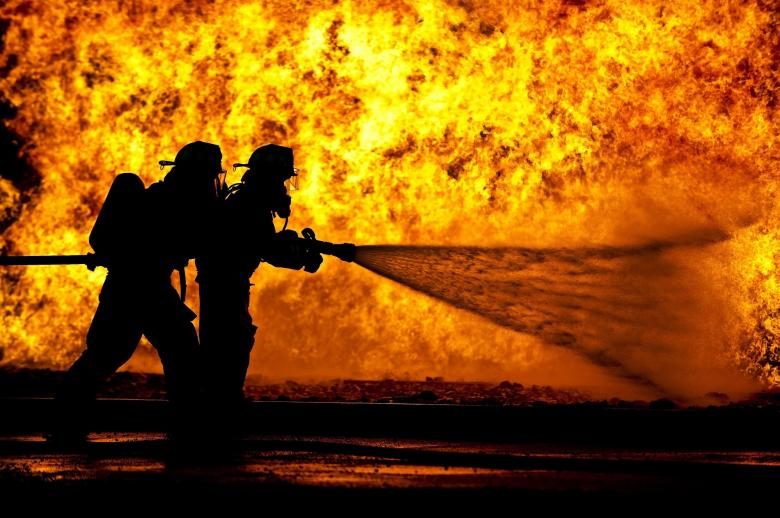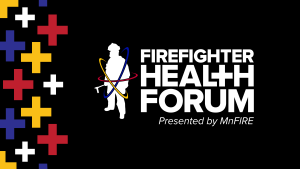From the anticipation of beginning a new year to adjusting to whatever else life throws at you, the holiday season can be stressful for many people, but for firefighters and first responders especially so thanks to icy road conditions; increased cooking, heating and electrical hazards; and more.
As you’re celebrating the season with fellow first responders, loved ones and friends, it’s important to stay in touch with how you’re feeling mentally and emotionally, especially after a tough or traumatic call. Here are seven ways to guard yourself against and alleviate potential stressors, during this holiday season and year-round:
- Be realistic – and optimistic
You are one person with 24 hours in a day. Avoid putting pressure on yourself to be perfect. Instead, make goals about doing the best you can. Also, look for reasons to be positive. Inviting yourself to take pride in your personal and professional accomplishments, however small they may feel, can go a long way in helping you feel energized and motivated. - Set boundaries
Resist the pressure or urge to make yourself available at all hours for all people. Trying to fit too much into one day can make you less effective and eventually lead to exhaustion. Do what you can to organize your time and tasks, so you’re focusing on the highest priorities first and most. For example, divide errands or chores into “must-do’s,” “could-do’s” and “no-need-to’s” where possible. - Take time for yourself
Make sure to take time for yourself – even if it’s just a few minutes or an hour or two. Also, give yourself permission to decline requests for extra shifts or social invites. Giving yourself downtime to recharge can ultimately help you be more positive and productive overall. - Try to limit distractions
Aim to limit distractions and focus your time and attention on one task at a time. Although it can be difficult to know when the next call will pull you away, dedicating certain hours in the day to one task at a time – such as checking your phone notifications or setting aside time to put on headphones and decompress after a shift – can help you feel more focused and at ease. - Take a break
Relaxation is the natural countermeasure for stress, so do your best to take breaks to help you refresh and recharge. Even short breaks help improve your mood, performance and well-being. Also, schedule in activities you enjoy. When it comes to taking a break, it doesn’t matter what you do, so much as that you do take the opportunity to rejuvenate. If you do feel intensely stressed, consider using relaxation techniques like deep breathing, mediation, yoga or whatever else helps slow your breathing and heart rate to regulate your nervous system and bring you back to equilibrium. - Take care of your health
Even when your schedule heats up, make time for regular exercise, getting enough sleep and eating nutritious foods. All of these can help you be more resilient to stress and feel better overall. - Reach out
Having a solid support system among co-workers and loved ones can help you ultimately feel less stressed and be more productive. In a moment of high stress, having someone to listen to what you’re going through can help calm you down or cool off and reset. Plus, maintaining positive friendships generally correlates to mental health and happiness. That’s because healthy friendships can help keep your spirits up, give you a sense of connection, and improve your self-confidence, among other benefits. Take advantage of peer support and free counseling visits through the Hometown Heroes Assistance Program. Get confidential support and speak to someone who gets it and understands the full experience and challenges of being in the fire service.
For more details or for help, call 888-784-6634 or visit mnfireinitiative.com/hhap/.
Repurposed from MnFIRE Assistance Program partner, Optum








